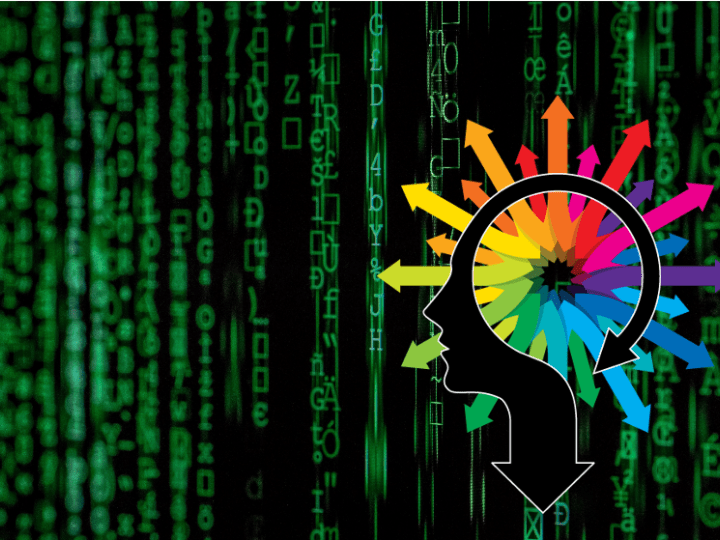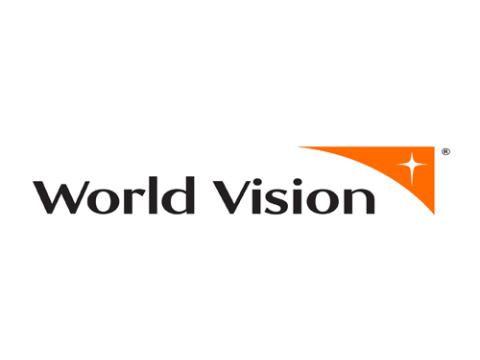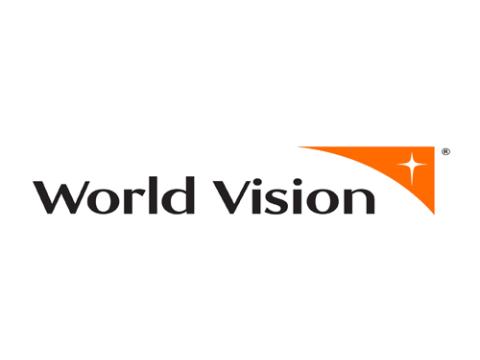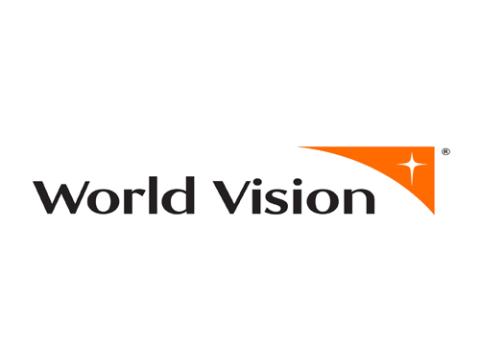
Digital Innovation
Digital Innovation
Digital transformation presents both opportunities for us to reach more people, improve how we work, and see the impact of the interactions we have with communities. It also enables communities themselves to have greater agency over their lives. While digital transformation involves technology, in order to enable the ideas and technology to achieve its purpose, we need to change how we work, the capacities and mindsets of our staff, and also manage new risks.
Digital technologies and data itself are full of bias, exclusion, power, and even racism. They are not neutral. World Vision seeks to put those affected by crises at the heart of our work. This includes our digital transformation and data management. We seek to live out our values in how we transform our work utilising the best available ethical and responsible digital technology. The digital revolution impacts everyone, now and our future selves. World Vision is working with its staff and the communities to navigate together how to live wisely in a digital world.
Technological Innovation
The Digital team within Disaster Management focuses on building digital literacy of our frontline project teams and the communities they work with. We focus on issues around data governance, interagency data management, and the digital rights of the disaster affected communities. By increasing our ability to spot potential risks and harms, we can mitigate them.
World Vision has led the development of data sharing agreements between 14 international agencies. We regularly conduct training and coaching sessions for WV staff as well as staff of other agencies. We seek to keep the communities affected by crises at the centre of our approach and include them wherever possible. WV is leading the work on data portability for a consortium of 14 agencies. Through this work, people affected by crises will have greater control over and use of all the data humanitarian agencies collect about them. This is ground breaking work which will have implications for data management in the humanitarian sector for decades to come.



